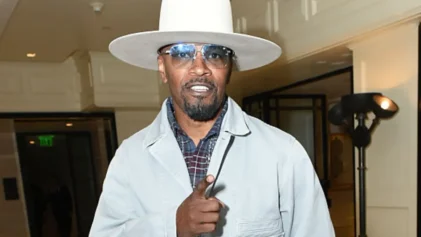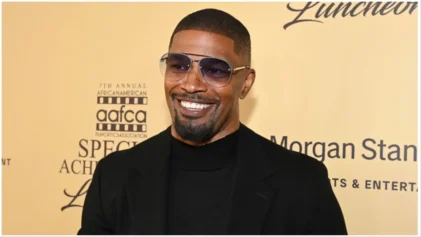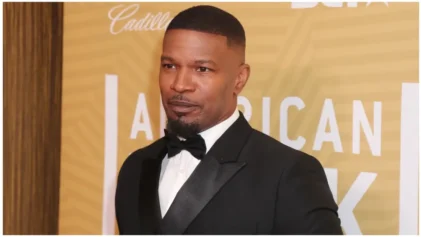Jamie Foxx’s life revolves around race. Or at least that’s what he told Vibe Magazine during an interview for its December-January issue. His new movie Django Unchained, directed by Quentin Tarantino, has been criticized for its allegedly insensitive approach to the subject of slavery. Foxx has yet to earn any award nominations for his role as a slave-turned bounty hunter in Tarantino’s western. While speaking with Vibe he chalked up the mixed reception to issues of race.
“There’s certain things that we watch as black people that if we don’t agree with it, we not only turn off the movie but we turn off that person,” Foxx said. “When we feel like the character was compromised by the white establishment.”
Django Unchained doesn’t look to satisfy every black person, or the white establishment. Though the slavery is central in the plot, it is not what steers it. The revenge theme Tarantino seeks with Foxx’s character is not too unlike what he showed in his last film, Inglorious Basterds. Foxx explained the importance of films exploring slavery, and why the subject has no reason to be taboo, comparing it to the World War II setting used in Inglorious Basterds.
“Every two, three years there is a movie about the Holocaust because they want you to remember and they want you to be reminded of what it was,” Foxx told Vibe. “When was the last time you seen a movie about slavery?”
The Oscar winner understands the current divide between white and black audiences, and explained how he relates.
“As black folks we’re always sensitive,” Foxx said. “As a black person it’s always racial. I come into this place to do a photo shoot and they got Ritz crackers and cheese — I’ll be like, ain’t this a b—-. Y’all didn’t know black people was coming. What’s with all this white s—? By the same token, if there is fried chicken and watermelon I’ll say ain’t this a b—-? “ he said alongside co-stars Leonardo Dicaprio and Kerry Washington. “So, no matter what we do as black people it’s always gonna be that. Every single thing in my life is built around race. I don’t necessarily speak it because you can’t.”


